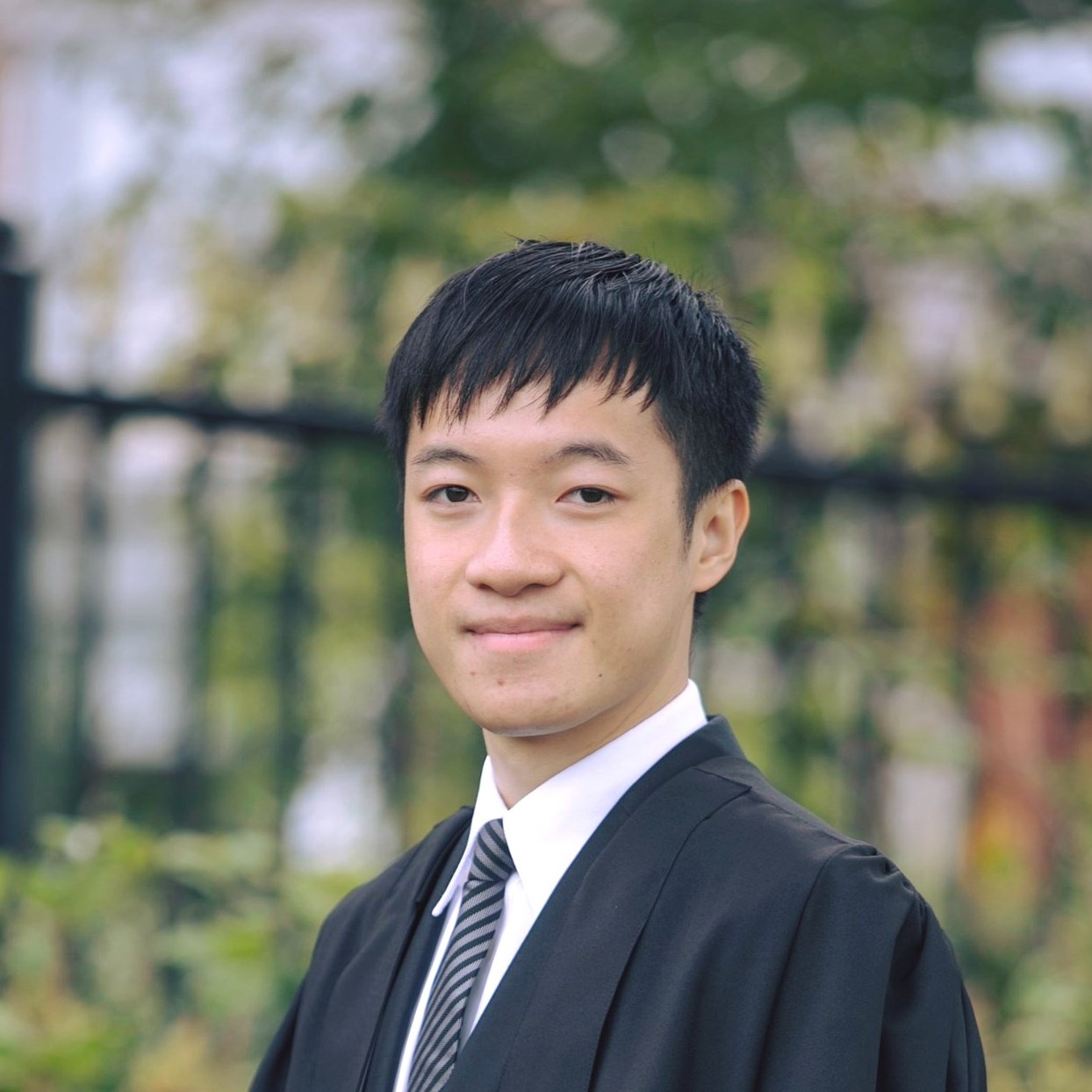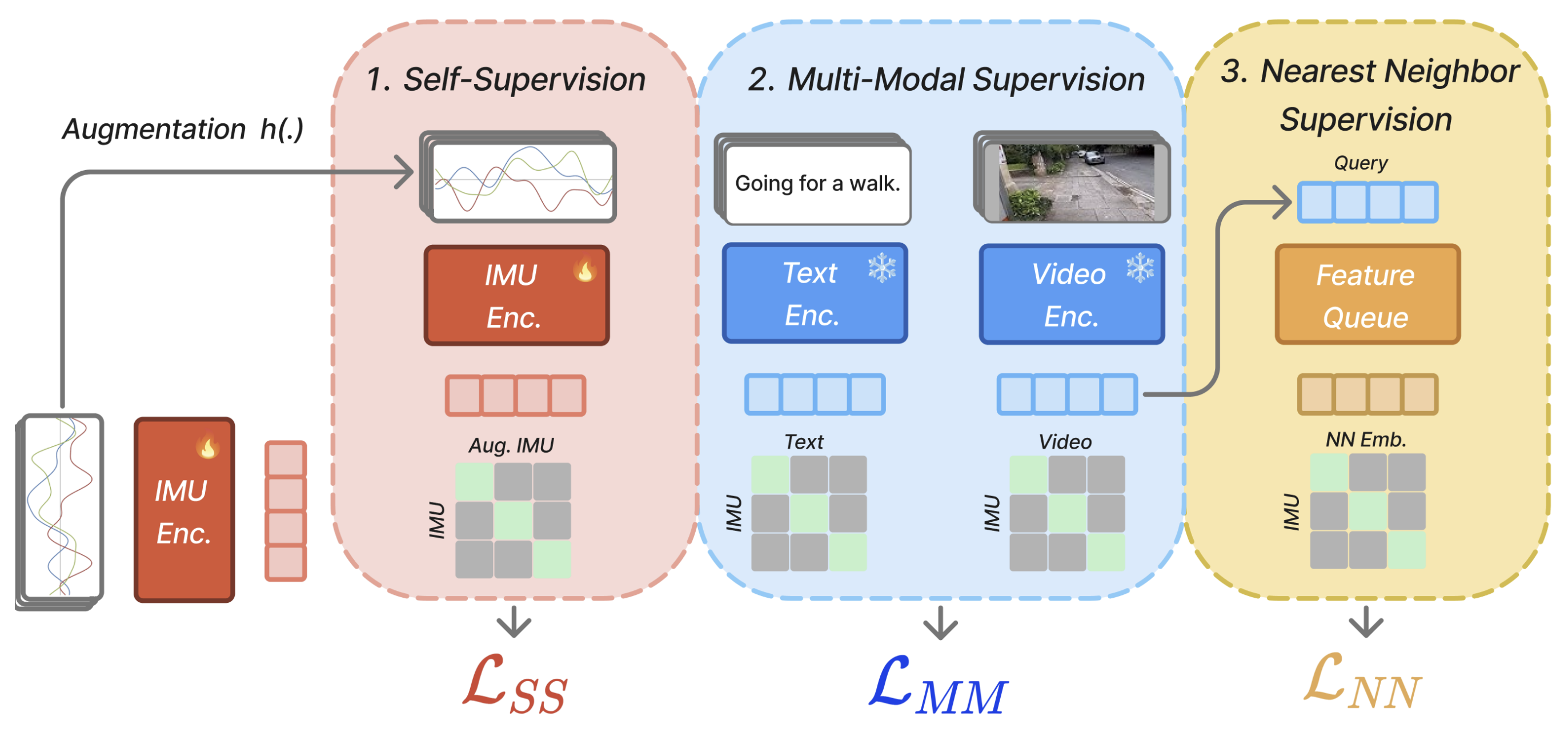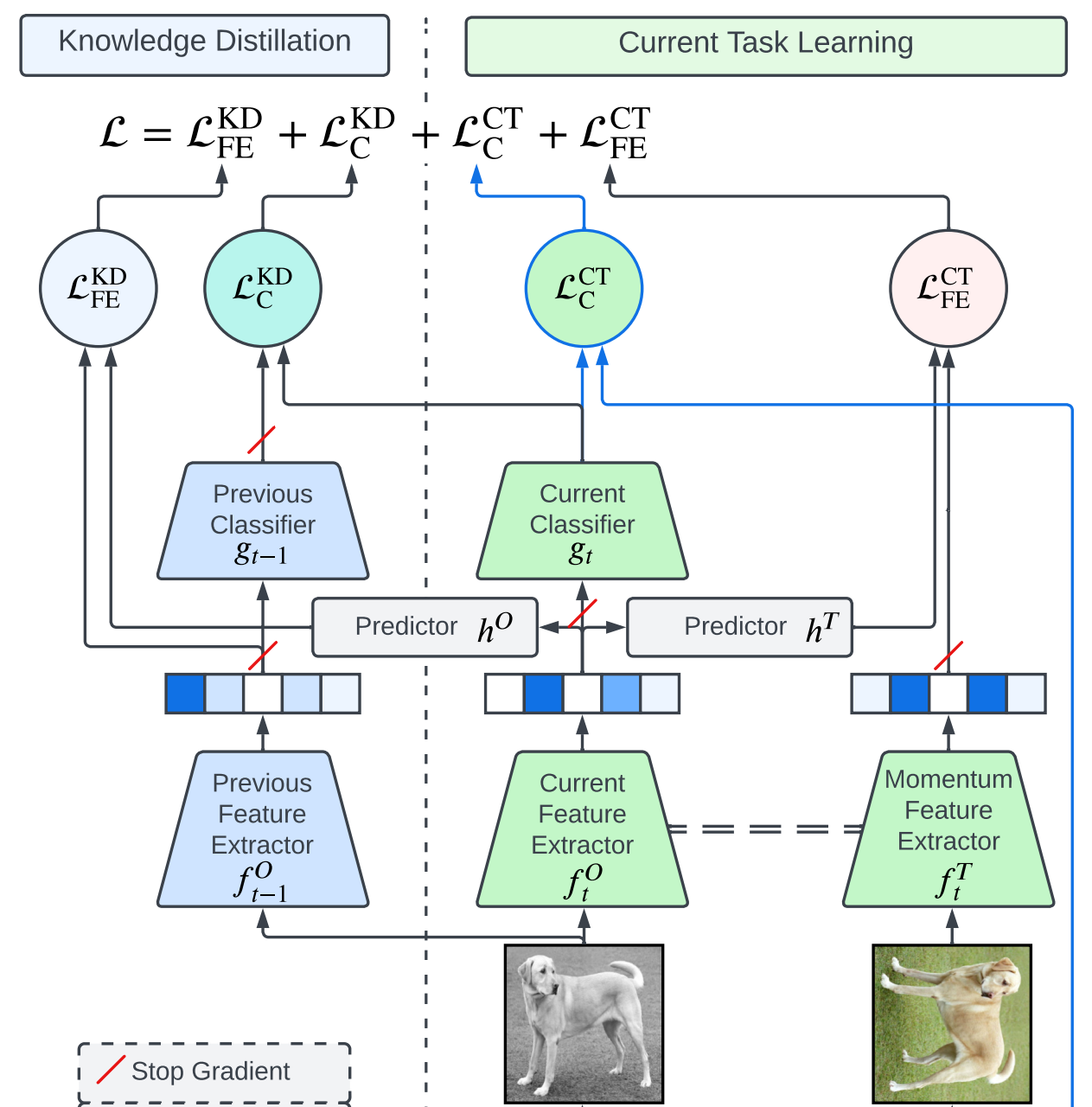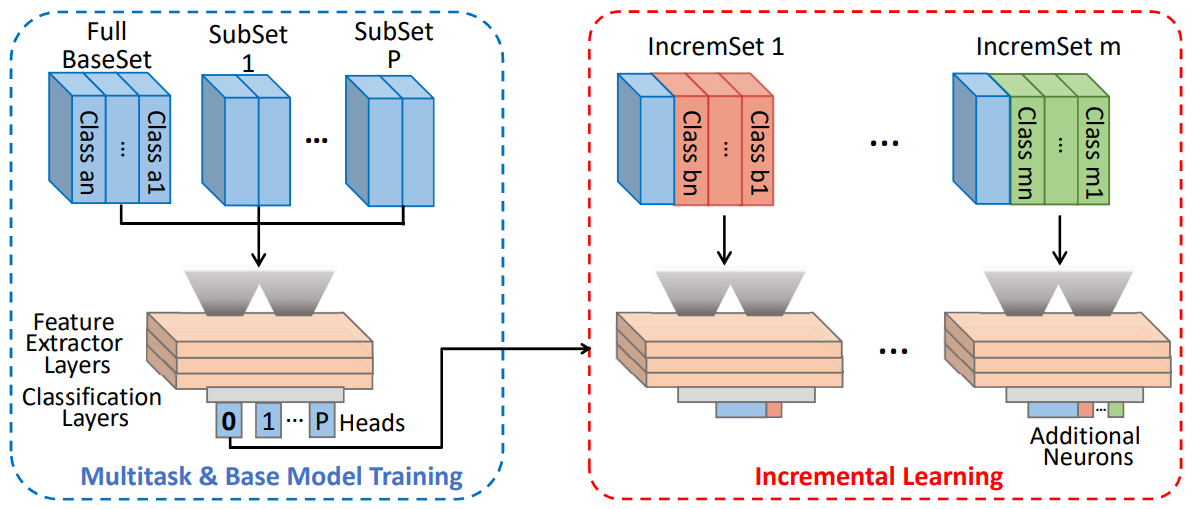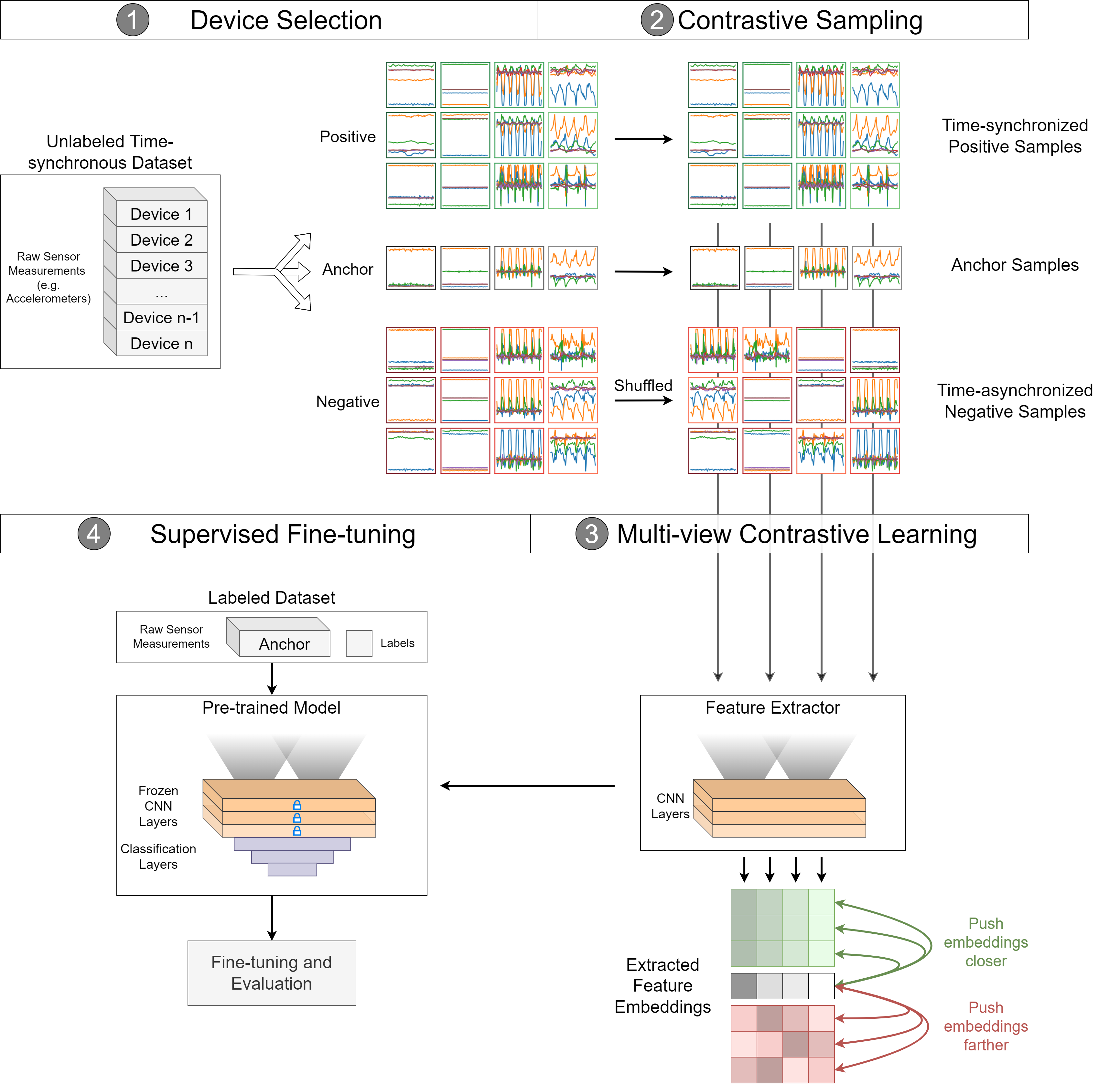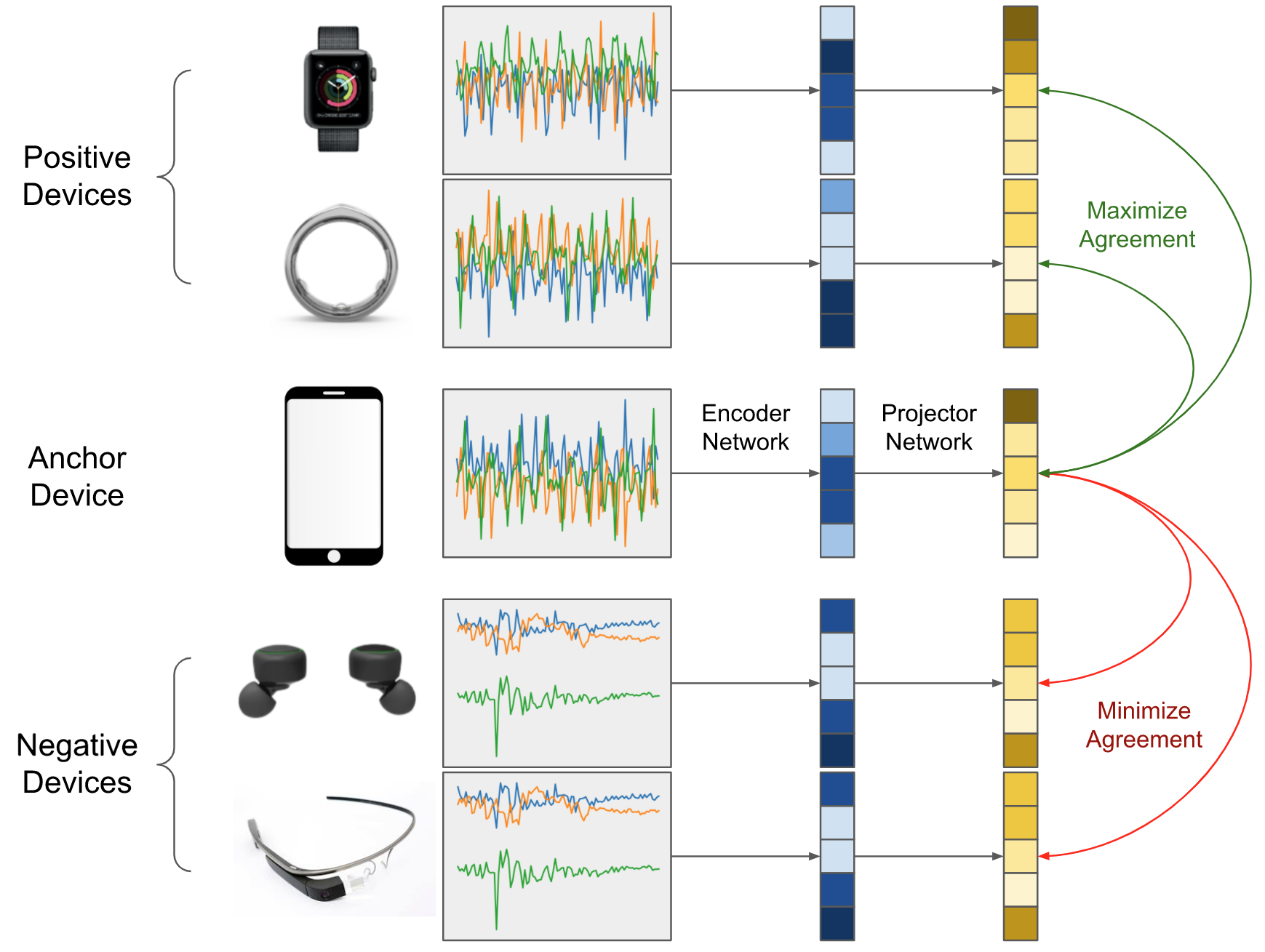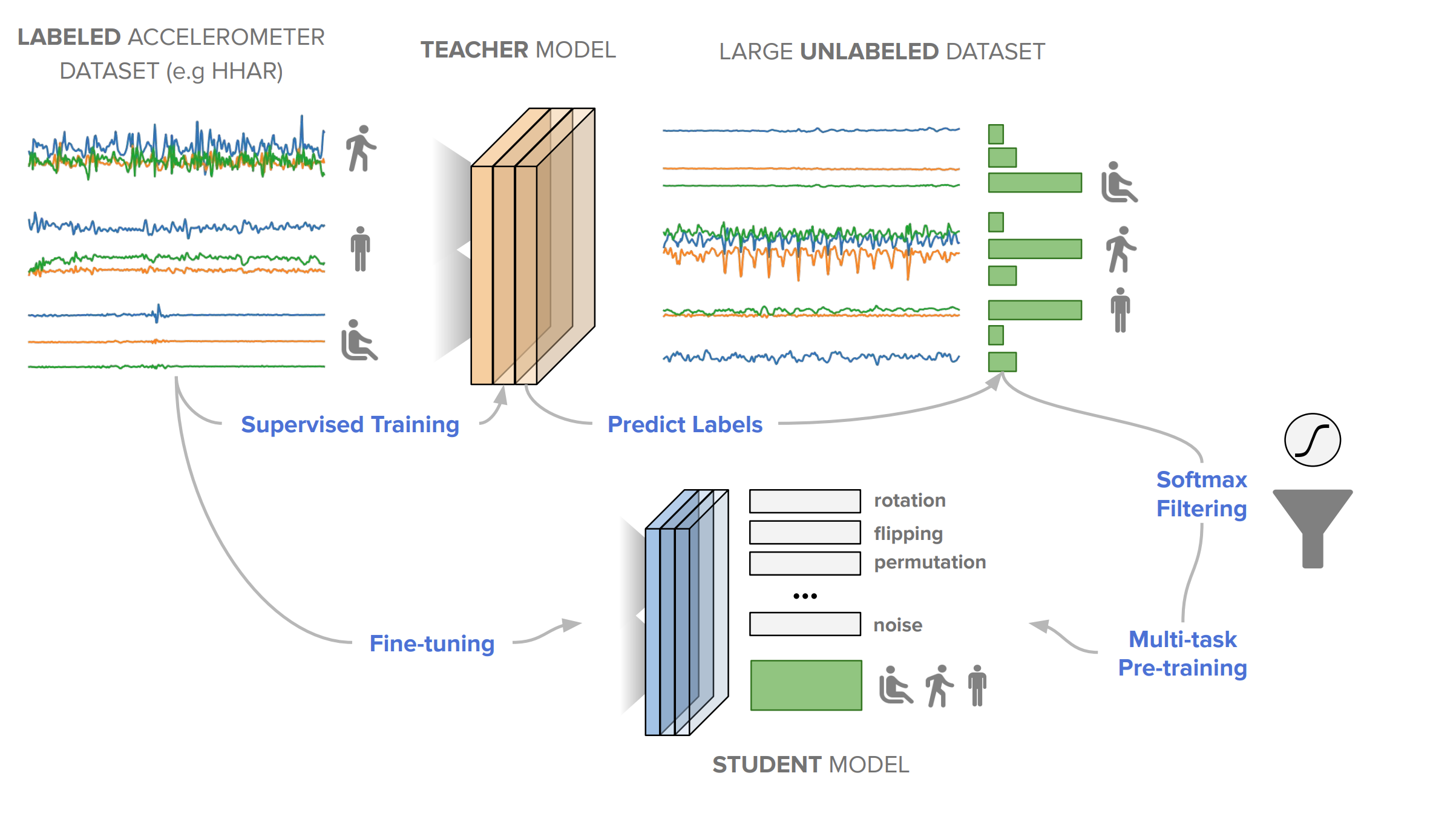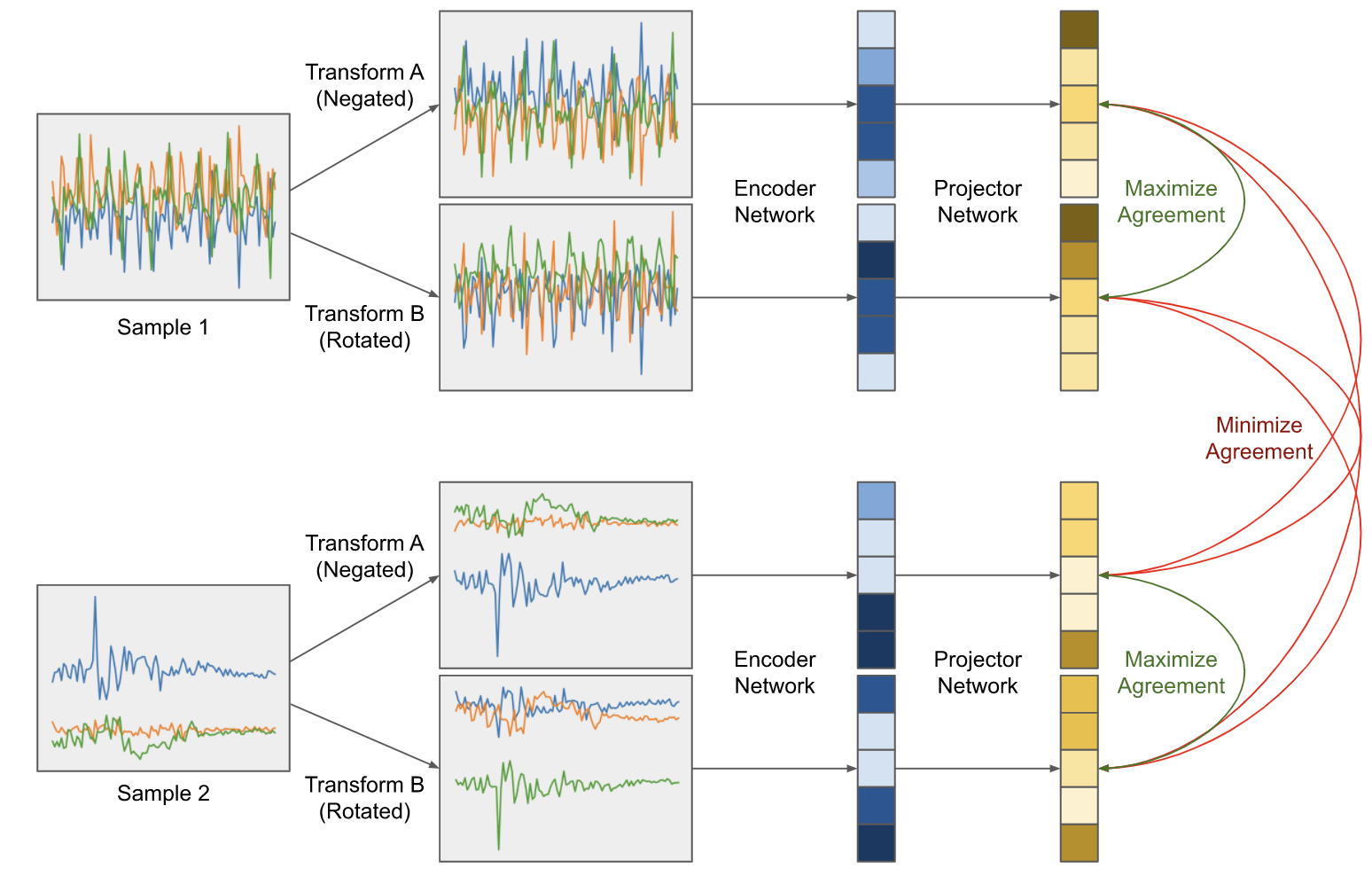I am a Senior Research Scientist in AR/VR at Meta Reality Labs and I obtained my PhD from the Mobile Systems Research Lab, University of Cambridge. My work focuses on developing data-efficient and scalable machine learning algorithms, particularly for mobile systems. I specialize in developing robust AI models that can handle complex, real-world scenarios by leveraging data-efficient approaches, including semi-supervised and self-supervised learning.
My key research areas include:
- Scalable and Data-efficient Machine Learning for Human Activity Recognition: I develop novel training algorithms that reduce data dependence while ensuring robust recognition in mobile applications. My work leverages semi-supervised and self-supervised learning techniques for human activity recognition, utilizing methods such as multimodal learning [TSALM @ NeurIPS 2024], contrastive learning [HCRL @ AAAI 2024, ML4MH @ NeurIPS 2020], self-training [IWMUT 2021], and multi-device collaboration [IWMUT 2022].
- Overcoming Catastrophic Forgetting in Continual Learning: I investigate strategies to address the challenges of catastrophic forgetting in continual learning, where models must learn from evolving data streams without losing previously acquired knowledge. My work focuses on approaches that balance stability and plasticity, ensuring models can generalize effectively across new tasks while retaining performance on past tasks [WACV 2024, ICASSP 2022].
- Federated Learning for Scalable Learning Algorithms: I explore decentralized machine learning paradigms that prioritize data privacy and enable collaborative learning across distributed devices [ICML 2022].
- AI for Health-related Applications: I apply machine learning techniques to health-related challenges, leveraging AI to enhance the accuracy and scalability of health monitoring applications [ML4H 2021, Nat. Mach. Intell. 2020].
I am passionate about leveraging AI to advance human-centric applications, from healthcare to mobile systems. By developing robust and scalable solutions, I aim to contribute to the future of ubiquitous computing, creating technologies that seamlessly integrate into and enhance our daily lives.
News
June 2025 - I have started a new role as a Senior Research Scientist in Wearables at Meta Reality Labs!
May 2025 - Call for participation! I will be running the GenAI4HS (Generative AI and Foundation Models for Human Sensing Workshop) at UbiComp 2025 in Espoo, Finland (on 12, 13 October 2025). Preliminary and early works are welcome! Click here to learn more!
May 2025 - Papers acceptance news! Our survey paper Past, Present, and Future of Sensor Based Human Activity Recognition using Wearables: A Surveying Tutorial on a Still Challenging Task has been accepted to IMWUT, and another paper BioQ: Towards Context-Aware Multi-Device Collaboration with Bio-cues has been accepted for a presentation at SenSys.
December 2024 - I will be attending NeurIPS in Vancouver this December with our summer intern, Arnav. We will be presenting our method, PRetraining IMU encoderS (PRIMUS), which explores multimodal learning from text and video data for IMU time-series. The presentation will take place on Sunday, 15 December, in Meeting Room 220-222 during the poster sessions: 9:34 AM - 10:35 AM and 1:00 PM - 2:00 PM of the TSALM workshop. Feel free to drop by to discuss recent developments in multimodal foundation models for personal and wearable applications.
September 2024 - I will be running the second version of the UbiComp SOAR Tutorial on solving the activity recognition problem from 1:00 PM to 5:00 PM on October 6 at Melbourne Australia. Come and join us for an exciting discussion!
Works/Publications
2025
Past, Present, and Future of Sensor Based Human Activity Recognition using Wearables: A Surveying Tutorial on a Still Challenging Task
Harish Haresamudram, Chi Ian Tang, Sungho Suh, Paul Lukowicz, Thomas Ploetz
In Proceedings of the ACM on Interactive, Mobile, Wearable and Ubiquitous Technologies (IMWUT). Volume 9 Issue 2, Article 34 (March 2025).
BioQ: Towards Context-Aware Multi-Device Collaboration with Bio-cues
Adiba Orzikulova, Diana Vasile, Chi Ian Tang, Fahim Kawsar, Sung-Ju Lee, Chulhong Min
In SenSys 2025 (ACM Conference on Embedded Networked Sensor Systems)
PRIMUS: Pretraining IMU Encoders with Multimodal Self-Supervision
Arnav Das, Chi Ian Tang, Fahim Kawsar, Mohammad Malekzadeh
In ICASSP 2025 Lecture (Oral Presentation) 🏆
Also in NeurIPS 2024 Workshop: Time Series in the Age of Large Models (TSALM)
2024
Solving the Sensor-Based Activity Recognition Problem (SOAR): Self-Supervised, Multi-Modal Recognition of Activities from Wearable Sensors
Harish Haresamudram, Chi Ian Tang, Sungho Suh, Paul Lukowicz, Thomas Ploetz
In UbiComp 2024 Companion
Balancing Continual Learning and Fine-tuning for Human Activity Recognition
Chi Ian Tang, Lorena Qendro, Dimitris Spathis, Fahim Kawsar, Akhil Mathur, Cecilia Mascolo
In AAAI 2024 Workshop: Human-Centric Representation Learning (HCRL)
Kaizen: Practical Self-Supervised Continual Learning With Continual Fine-Tuning
Chi Ian Tang, Lorena Qendro, Dimitris Spathis, Fahim Kawsar, Cecilia Mascolo, Akhil Mathur
In WACV 2024 (IEEE/CVF Winter Conference on Applications of Computer Vision)
2023
Self-supervised Learning for Data-efficient Human Activity Recognition
Chi Ian Tang
PhD Thesis
Solving the Sensor-based Activity Recognition Problem (SOAR): Self-supervised, Multi-modal Recognition of Activities from Wearable Sensors
Harish Haresamudram, Chi Ian Tang, Sungho Suh, Paul Lukowicz, Thomas Ploetz
In UbiComp/ISWC 2023 Adjunct
2022
Orchestra: Unsupervised Federated Learning via Globally Consistent Clustering
Ekdeep Singh Lubana, Chi Ian Tang, Fahim Kawsar, Robert P. Dick, Akhil Mathur
In ICML 2022 (International Conference on Machine Learning)
Improving Feature Generalizability with Multitask Learning in Class Incremental Learning
Dong Ma*, Chi Ian Tang*, Cecilia Mascolo
*Ordered alphabetically, equal contribution
In IEEE International Conference on Acoustics, Speech and Signal Processing (ICASSP), 2022
ColloSSL: Collaborative Self-Supervised Learning for Human Activity Recognition
Yash Jain*, Chi Ian Tang*, Chulhong Min, Fahim Kawsar, Akhil Mathur
*Ordered alphabetically, equal contribution
In Proceedings of the ACM on Interactive, Mobile, Wearable and Ubiquitous Technologies (IMWUT). Volume 6 Issue 1, Article 17 (March 2022).
2021
Evaluating Contrastive Learning on Wearable Timeseries for Downstream Clinical Outcomes
Kevalee Shah, Dimitris Spathis, Chi Ian Tang, Cecilia Mascolo
In Machine Learning for Health (ML4H) 2021
Group Supervised Learning: Extending Self-Supervised Learning to Multi-Device Settings
Yash Jain*, Chi Ian Tang*, Chulhong Min, Fahim Kawsar, Akhil Mathur
*Equal Contribution
In ICML 2021 Workshop: Self-Supervised Learning for Reasoning and Perception
SelfHAR: Improving Human Activity Recognition through Self-training with Unlabeled Data
Chi Ian Tang, Ignacio Perez-Pozuelo, Dimitris Spathis, Soren Brage, Nick Wareham, Cecilia Mascolo.
In Proceedings of the ACM on Interactive, Mobile, Wearable and Ubiquitous Technologies (IMWUT). Volume 5 Issue 1, Article 36 (March 2021).
2020
Exploring Contrastive Learning in Human Activity Recognition for Healthcare
Chi Ian Tang, Dimitris Spathis, Ignacio Perez Pozuelo, Cecilia Mascolo.
In ML for Mobile Health Workshop at NeurIPS. 2020.
Exploring the limit of using a deep neural network on pileup data for germline variant calling
Ruibang Luo, Chak-Lim Wong, Yat-Sing Wong, Chi-Ian Tang, Chi-Man Liu, Henry CM Leung, Tak-Wah Lam.
In Nature Machine Intelligence. 2020.
Academic Service
I have taken up roles for the following:
- Associate Editor of ACM IMWUT (2025-)
- Program Committee of MobiSys (2025)
-
Technical Program Committee of ABC (2025-) (Elite Reviewer) 🏆
- Co-chair of the Generative AI and Foundation Models for Human Sensing Workshop (GenAI4HS) at UbiComp 2025
- Organizer of UbiComp Tutorial on Solving the sensor-based activity recognition problem (SOAR) (2023 Cancun, Mexico, 2024 Melbourne, Australia)
- Organizer of HCRL workshop at AAAI 2024, Vancouver, Canada
Invited Talks
-
The Future of Wearable Health: Mobile AI Research at Nokia Bell Labs
At Korea University, South Korea, 2025 May 28 -
Data-Efficient AI and Multimodal Learning: Unlocking the Potential of Mobile Sensing for Health Insights
At University of Macau, Macao SAR, 2025 January 10
Mentoring and Teaching
Mentoring
I truly enjoy and always learn a lot in mentoring PhD students. Here are some research projects I have had the pleasure of supervising:
- Arnav Das (University of Washington): Multimodal learning for mobile sensing
- Florian Schmid (Johannes Kepler University Linz): Sound event detection
Lectures/Tutorials
I gave a lecture/tutorial on Machine Learning and Features of Health Data in the Mobile Health course (Master's level) at the Department of Computer Science and Technology, University of Cambridge. Slides are available Slides (2023)
Supervisions
I have supervised students and demonstrated for the following courses at the University of Cambridge:
- Programming in C and C++ (2020-2021)
- Machine Learning and Real-world Data (2019-2021)
- Computation Theory (2021-2024)
- Digital Electronics (2022-2023)
Teaching Materials
- How to Use the Y Combinator (for Computation Theory 2021-2022)
© 2020-2025 Chi Ian Tang. All rights reserved.
